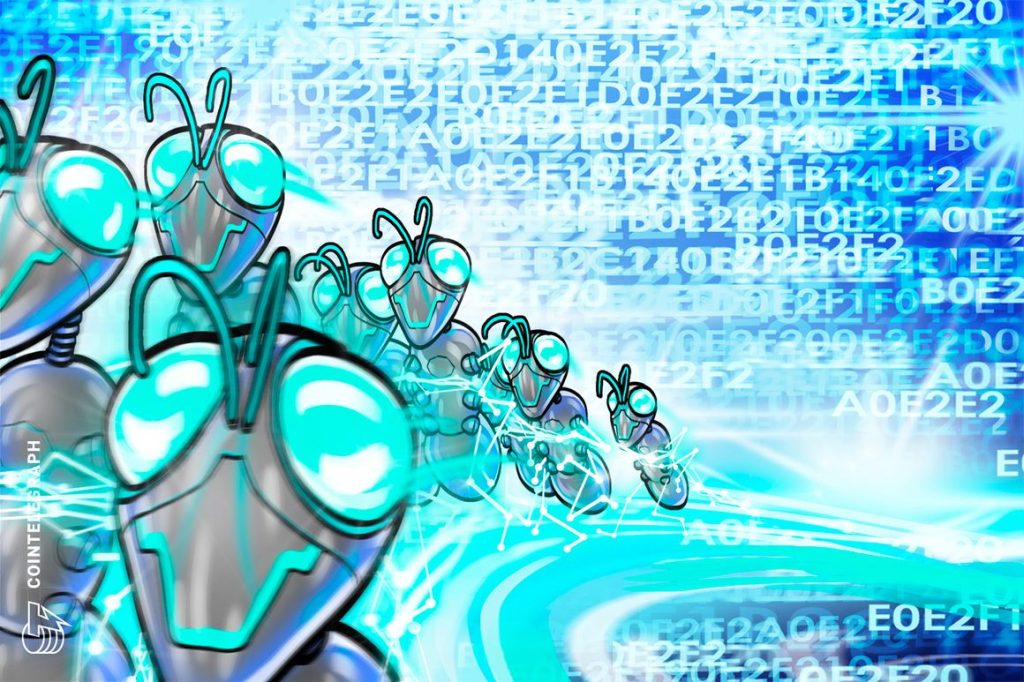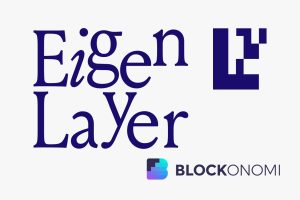Matter Labs CEO denies copy-pasting code from Polygon Zero

[ad_1]
Alex Gluchowski, the co-founder and CEO of zkSync creator Matter Labs, has denied copy-pasting code from Polygon Zero after the zero-knowledge scaling firm accused it of copying the code from their system without proper attribution.
On Aug. 3, Polygon Zero published a long blog post saying it believed Matter Labs copied what they described as “performance-critical components” of their zero-knowledge system called “Plonky2.” The code was seen on Matter Labs’ recently-released proving system dubbed “Boojum,” without attributing the code’s original authors, according to Polygon Zero.
The company said that this behavior is detrimental to the developer ecosystem. It highlighted that it could potentially hurt smaller development teams as better-funded competitors could simply reappropriate their work without proper attribution. It wrote:
“Copy-pasting source code without attribution and making misleading claims about the original work is against the open source ethos and hurts the ecosystem.”
Responding to the allegations, Gluchowski denied that it simply copy-pasted the code. The executive addressed the issues brought up by Polygon Zero through a lengthy post on X (formerly Twitter). According to Gluchowski, every decision they made toward building zkSync was based on integrity and transparency.
Every decision we make as a team towards building @zksync is driven by our ethos, which is based on integrity and transparency. We have made honest mistakes in the past, but we always did our best to openly acknowledge them and take responsibility. And will always do so in the… https://t.co/4yjpSCHC2d
— Alex G. ∎ (@gluk64) August 4, 2023
The Matter Labs CEO noted that the Polygon Zero team’s passion for what they do may have led to rushed arguments and inaccurate statements. “Today’s accusations are unfounded, misleading, and extremely disappointing coming from a team I highly respect,” he wrote.
Related: Decentralized Web3 data service taps ZK-proofs for tamper-proof SQL queries
Gluchowski said that Plonky2 and Boojum are implementations of RedShift construction, which was introduced by Matter Labs three years before the Plonky2 paper. The executive claimed that the developers of Plonky2 did not give them credit but noted Redshift in the paper.
Despite this, the CEO admitted that it “could have done it better” and said it would apply the more standard approach for attribution pointed out by the community.
Magazine: Here’s how Ethereum’s ZK-rollups can become interoperable
[ad_2]
Source link











